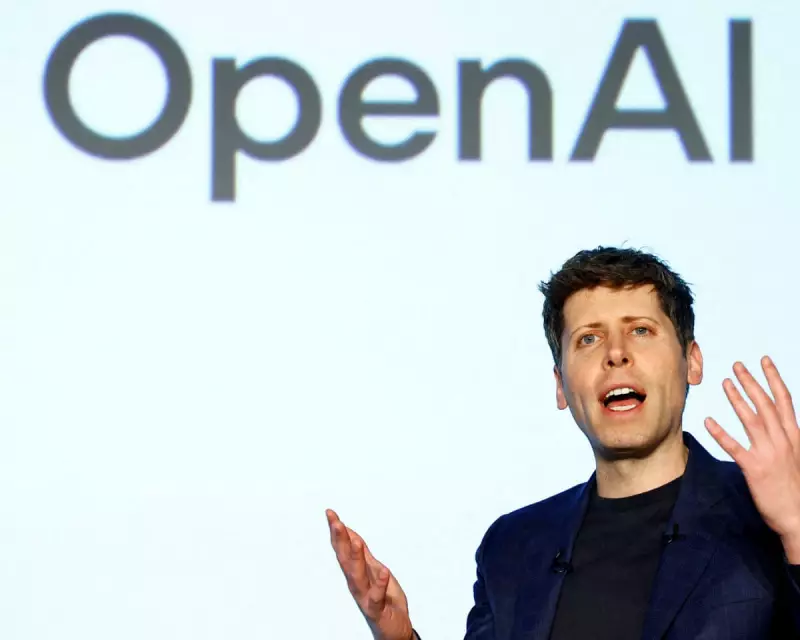
In a move that could redefine the technology investment landscape, OpenAI is reportedly laying the groundwork for a stock market debut that may achieve a staggering $1 trillion valuation. This potential flotation would represent one of the most significant financial events in tech history, positioning the artificial intelligence pioneer alongside the world's most valuable companies.
The Road to Public Markets
According to sources familiar with the matter, OpenAI has initiated preliminary discussions with financial institutions about a public offering that could occur as soon as late 2025 or early 2026. The company, which has revolutionised the AI sector with products like ChatGPT, is exploring various pathways to the public markets, including a traditional initial public offering (IPO) and a direct listing.
The timing appears strategic, coming after OpenAI has demonstrated substantial revenue growth and market dominance in the generative AI space. Industry analysts suggest the company's current trajectory could justify the unprecedented valuation target.
Microsoft's Strategic Position
Microsoft, having invested approximately $13 billion in OpenAI, stands to become one of the biggest beneficiaries of a successful public offering. The tech giant's significant stake could yield extraordinary returns, reinforcing the wisdom of its early and substantial bet on artificial intelligence.
This relationship has proven mutually beneficial, with OpenAI's technology being integrated across Microsoft's product suite, from Office applications to cloud services, creating a powerful synergy that has boosted both companies' market positions.
Market Implications and Investor Appetite
The potential $1 trillion valuation would place OpenAI in an elite group of companies, alongside tech behemoths like Apple, Microsoft, and Amazon. Such a flotation would test investor appetite for pure-play AI companies at a scale never seen before.
Financial experts note that while the valuation appears ambitious, the transformative nature of OpenAI's technology and its first-mover advantage in generative AI could justify premium pricing. The offering is expected to attract massive interest from institutional and retail investors alike, eager to gain exposure to the AI revolution.
Regulatory Considerations and Challenges
OpenAI's path to the public markets isn't without potential obstacles. The company will need to navigate increasing regulatory scrutiny around artificial intelligence, both in the United States and internationally. Additionally, its unique corporate structure, balancing profit motives with its original non-profit mission, may require careful explanation to potential investors.
The success or failure of this landmark offering could set the tone for the broader AI sector's relationship with public markets for years to come, making it a closely watched development across global financial centres.
